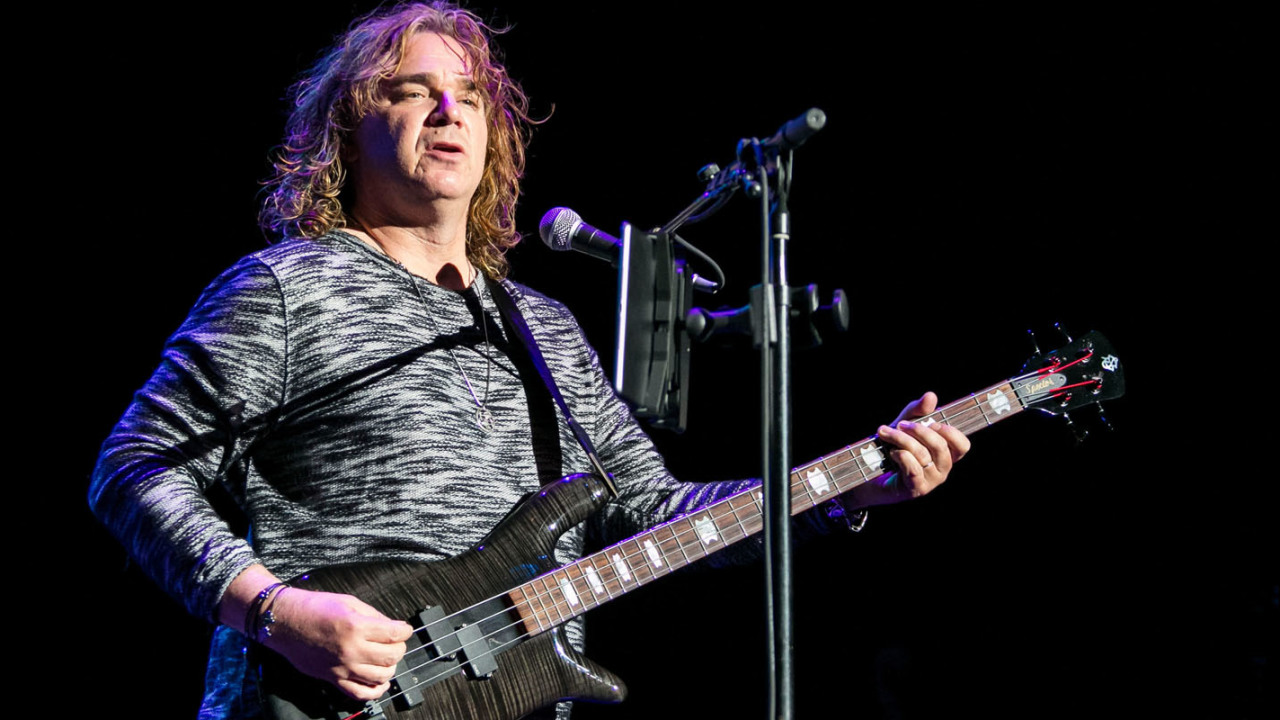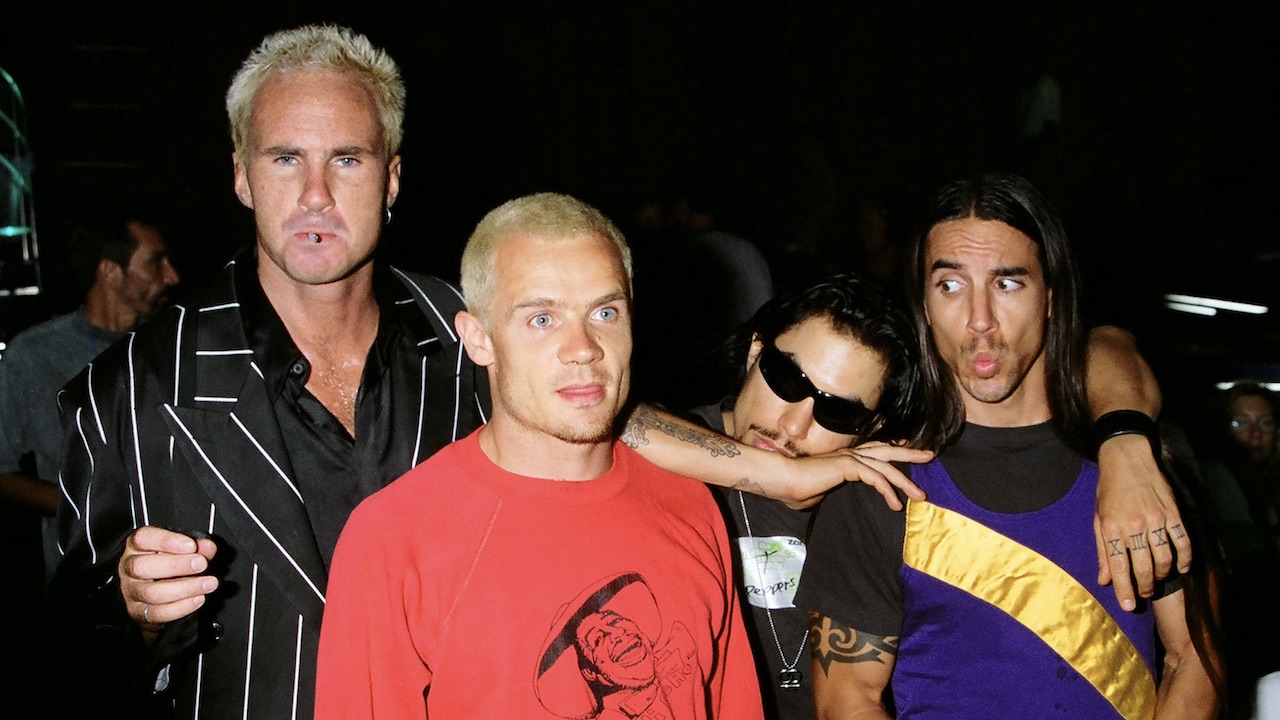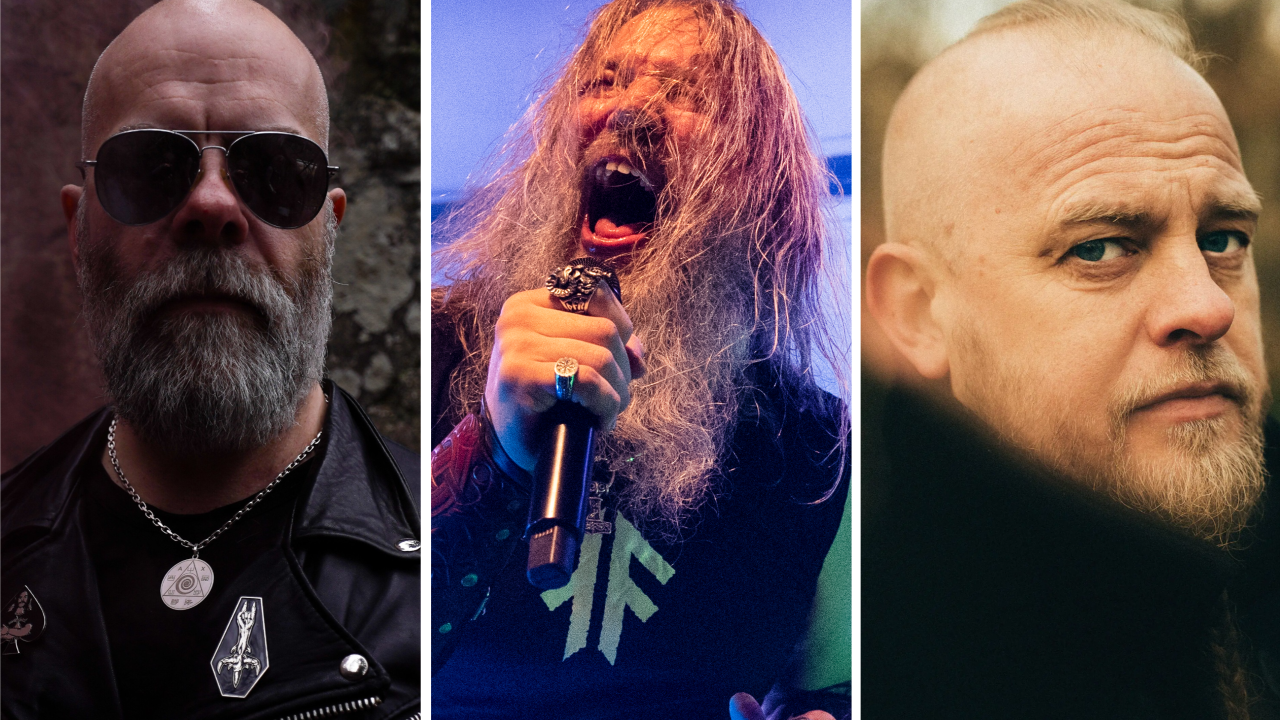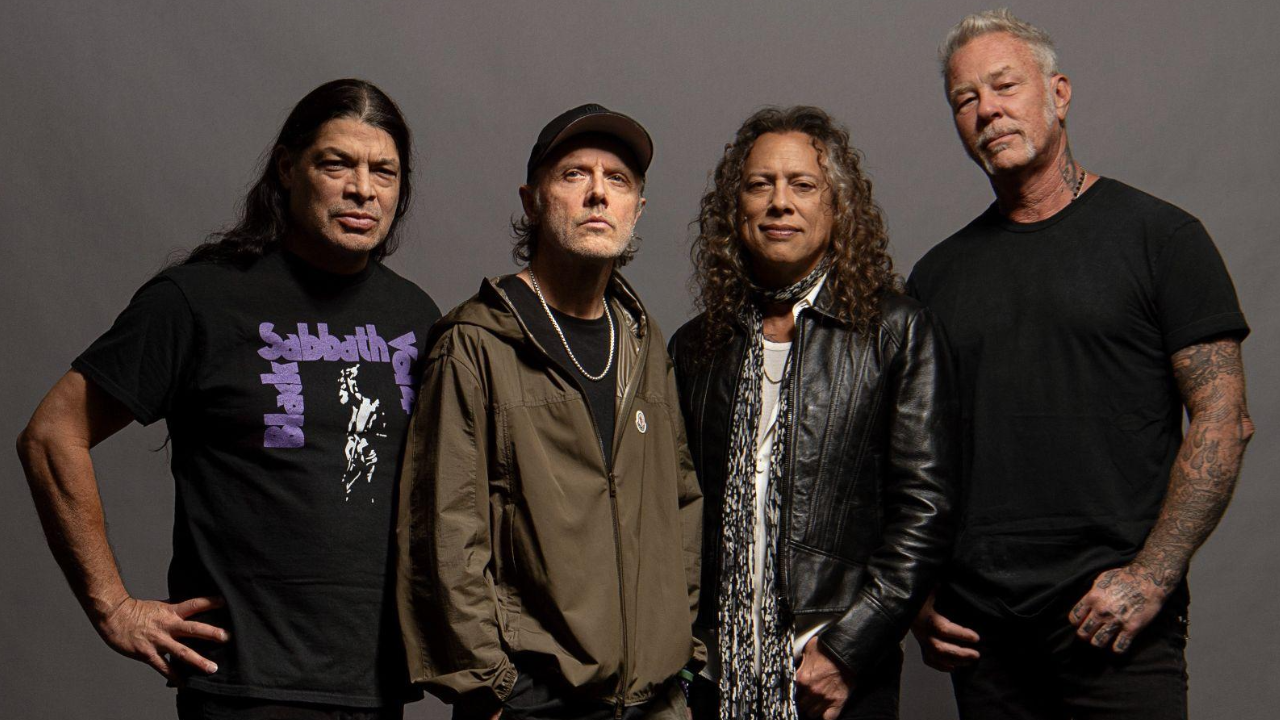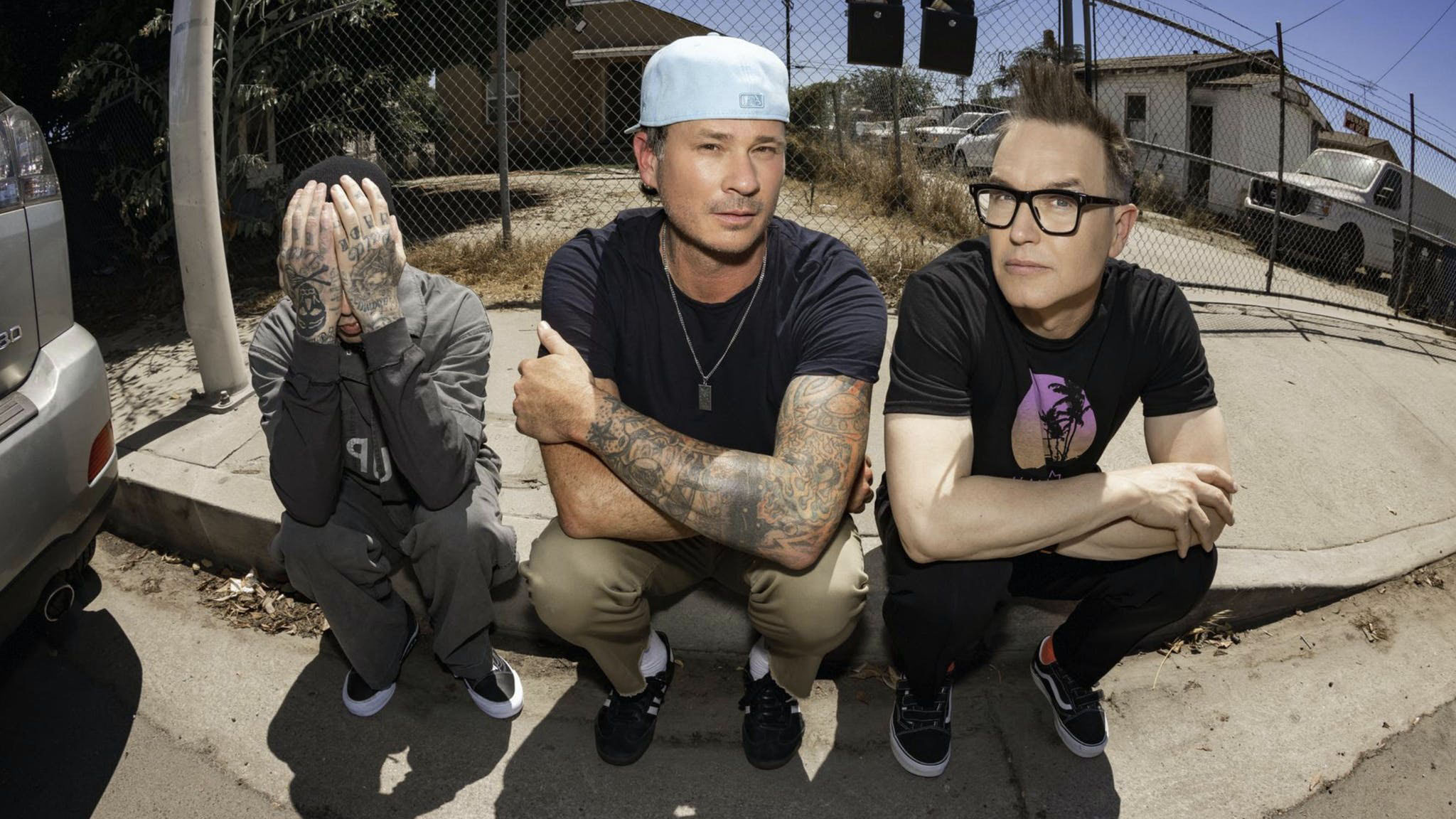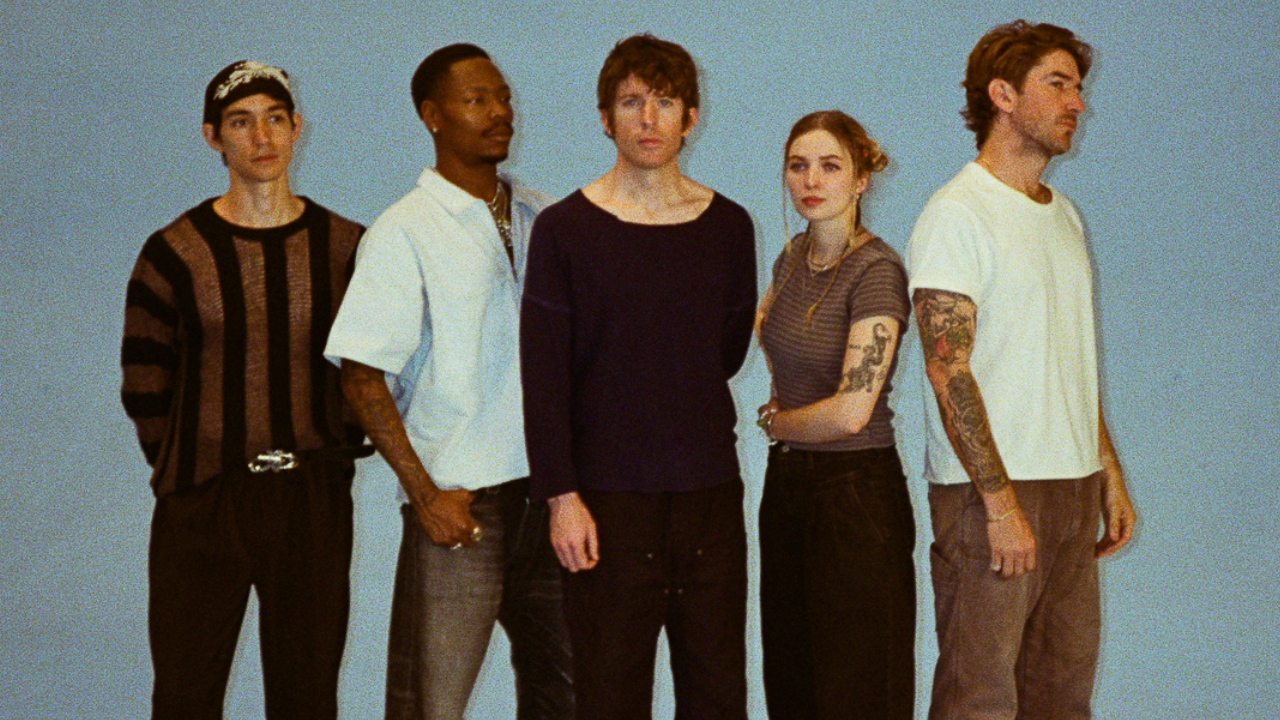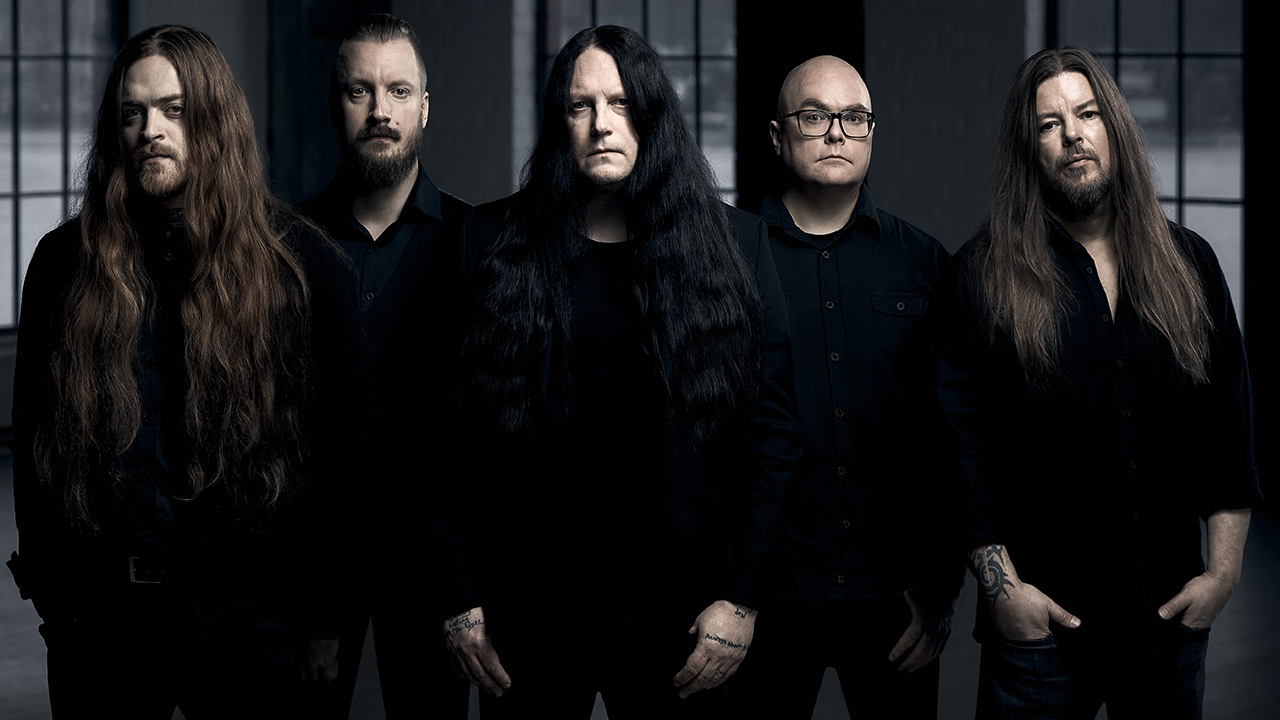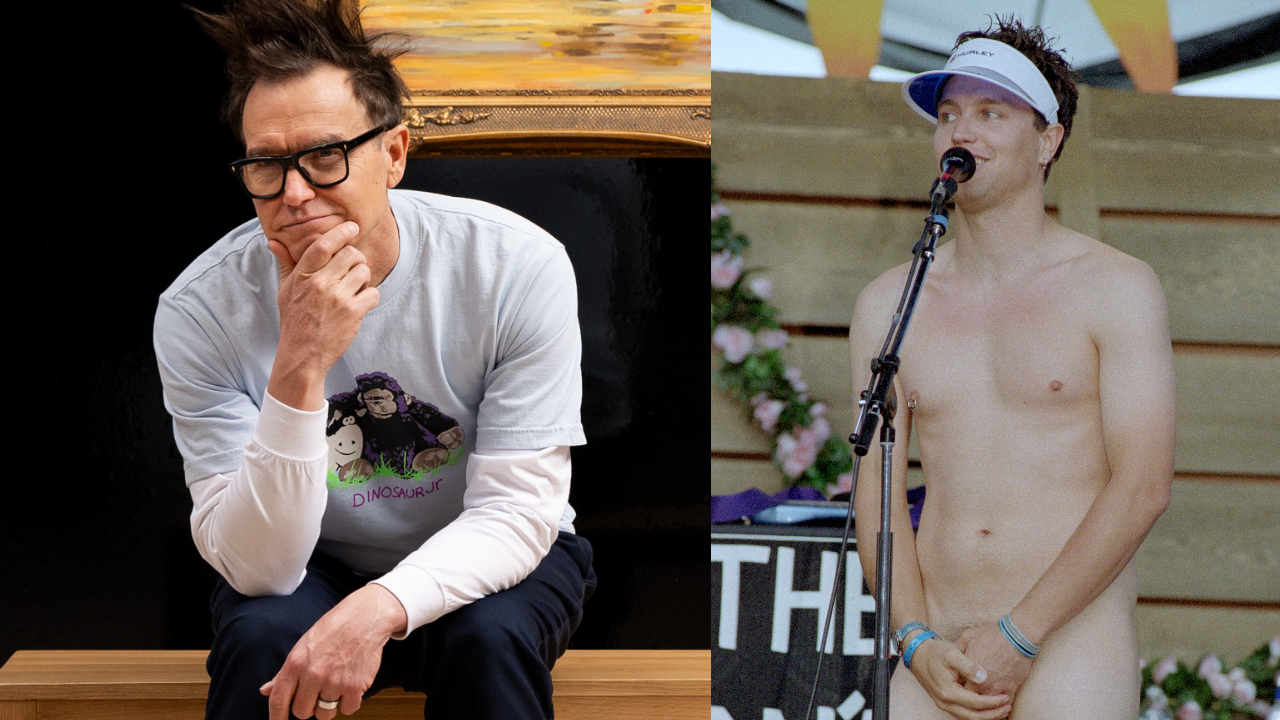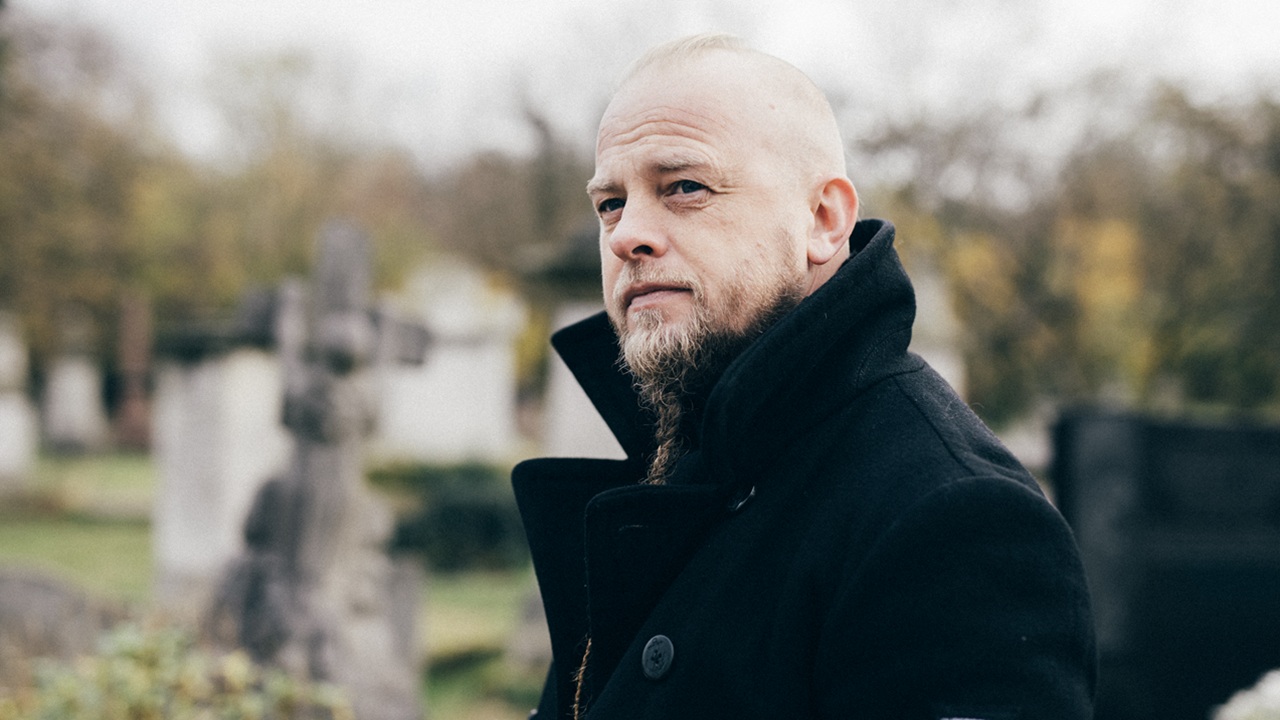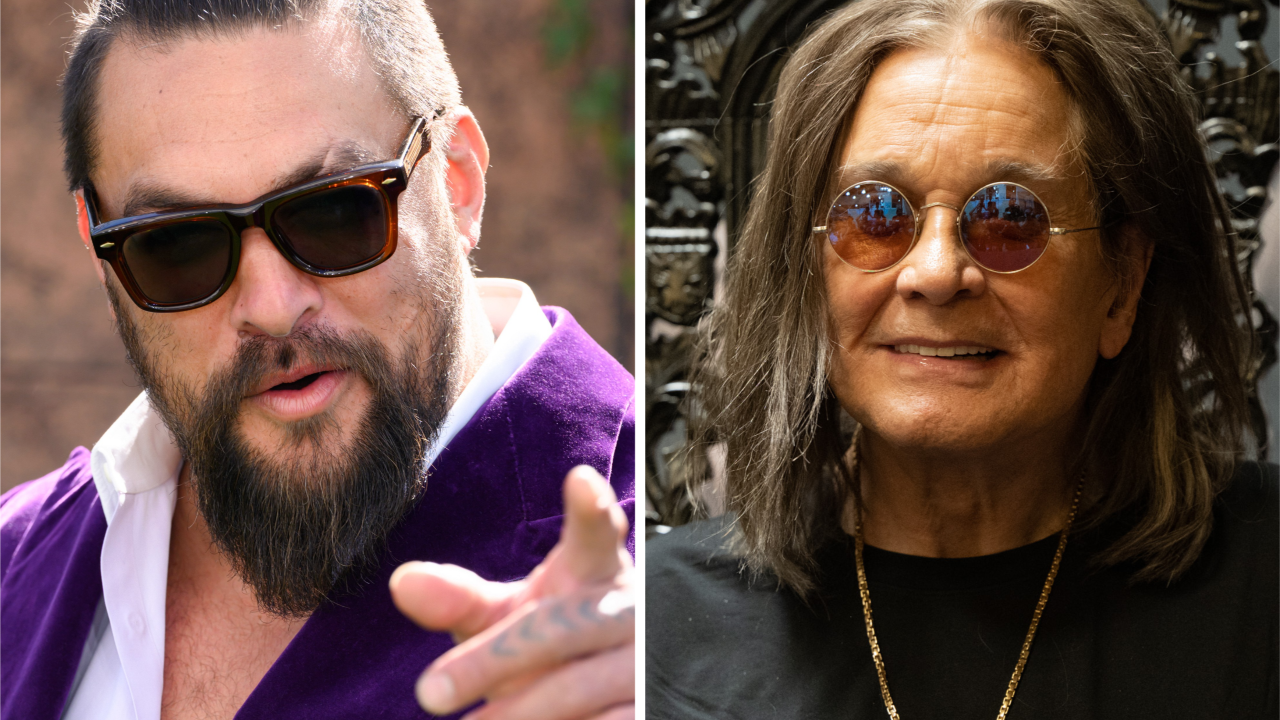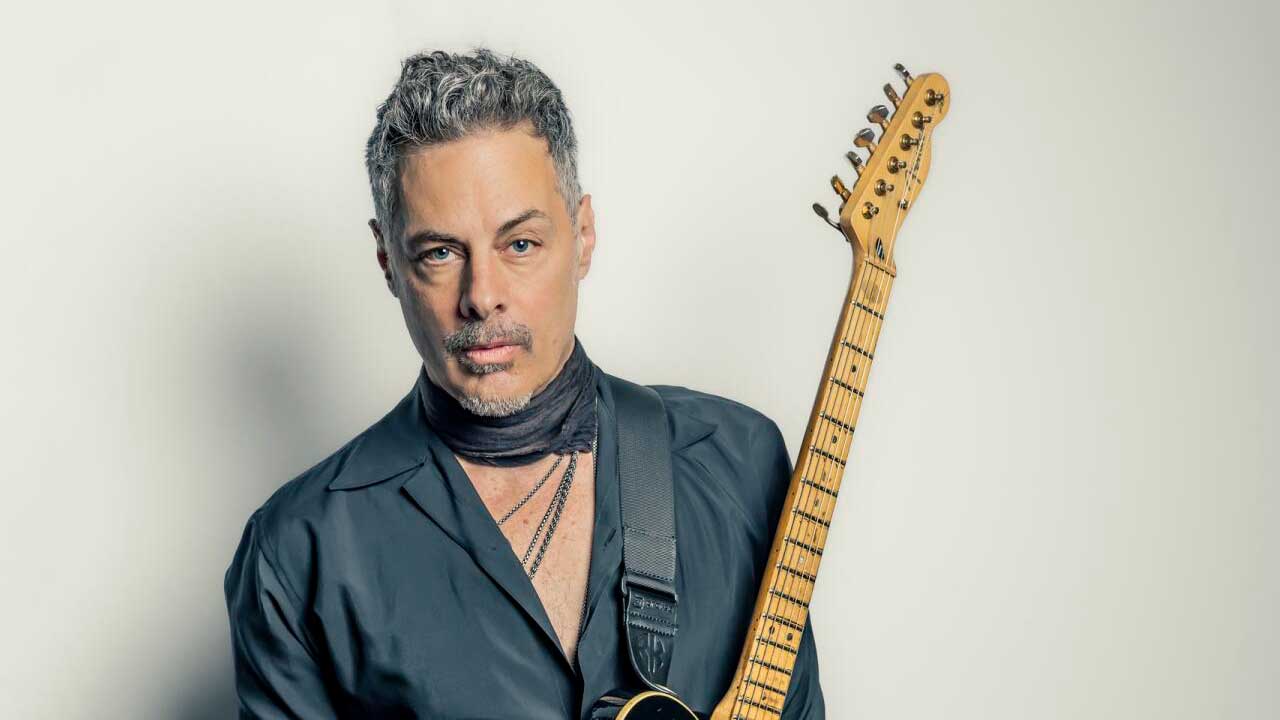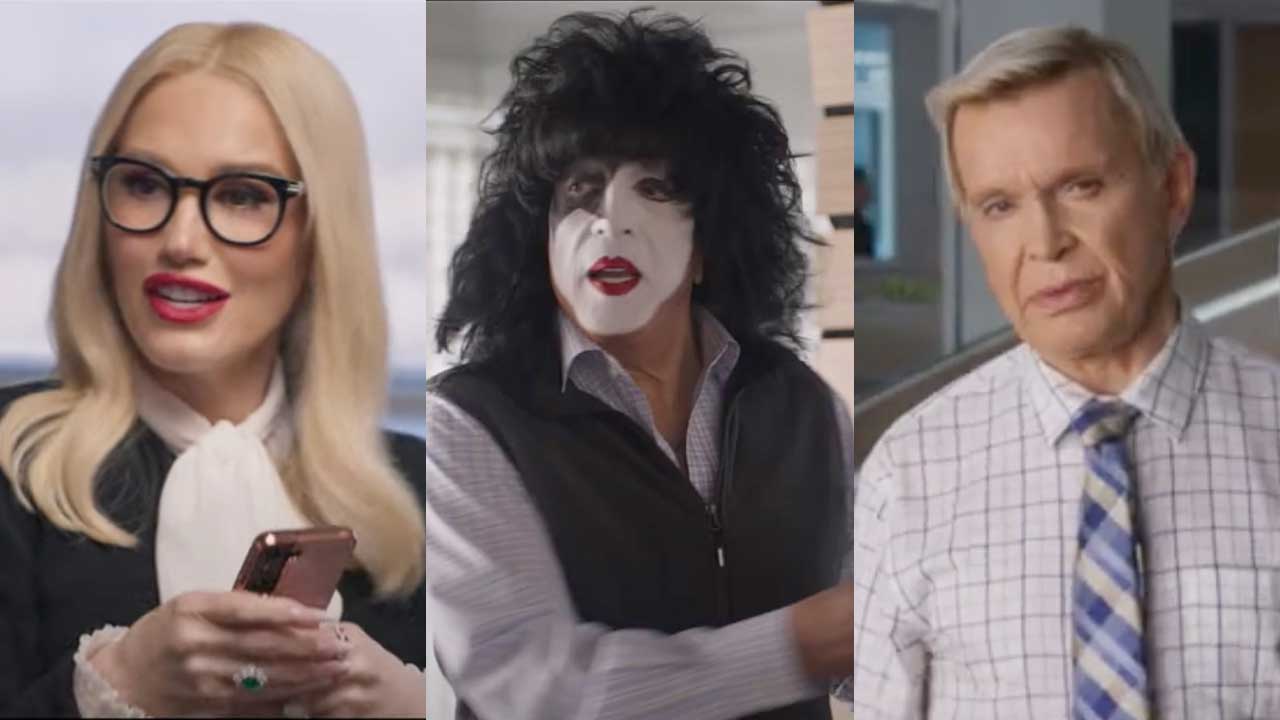Billy Sherwood has confirmed the future of Yes was in doubt following the death of Chris Squire.
He passed away in June after a battle with cancer, and drummer Alan White soon said the band would keep going because that’s what the late bassist had asked them to do.
But Sherwood – who’d been standing in for Squire since his illness was announced – has owned up to concerns about whether he’d be accepted.
He tells Classic Rock Revisited: “No one was sure if Yes was going to continue, with me at the tip of that spear. I wasn’t sure. Will these people accept me here? I understand the pain – but will this work?
“To my surprise, I’m very happy to say the majority of Yes fans are rallying behind the band right now.”
He recalls the comforting experience of the band’s most recent Cruise To The Edge event, referring to “lots of love and well-wishes for Chris and his family” and “the same emotions and feelings for Yes moving forward and me doing what I’m doing.”
Sherwood – who’s on his third stint with Yes – admits he didn’t realise he was being lined up to permanently replace Squire when the pair first spoke about it.
“It was about filling in for him. But as things progressed and he got closer to his mortality, I think he was more in touch with reality than I was. In his way he was prepping me for, you know, ‘You are going to take this. Do you promise me you’re going to do this? Tell me you’re into it.’ All these things.
“I went through the whole process of him telling me, ‘I just got diagnosed,’ all the way up to talking to him four or five days before he passed away. It was shocking too – on that last phone call he told me, ‘I beat the cancer.’ And that was the last time I talked to him.
“He told me in that conversation, ‘Whatever you do, make me proud and be yourself. Don’t worry about being me. That’s not what I’m asking you to do. I know you can do this the way you can do this, and that’s what I want.’”
Asked about the first Yes show following Squire’s death, Sherwood says: “I guess ‘surreal’ is the word. It was an honour to take that position – it was really sad at the same time.
“It took me a lot of that tour to be able to perform in a way where I wasn’t just standing there, spaced out, just playing the notes, thinking about Chris, looking at the audience and knowing what they’re thinking.”
But he continues: “I know Chris well. He didn’t want me to get on stage with Yes and be depressed. He wanted me to get on there and shine.”
